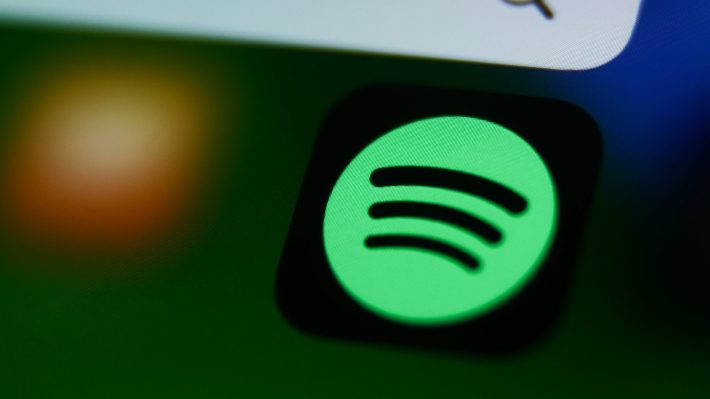
Spotify has revealed plans to increase subscription fees in France, in response to a new tax directed at music-streaming services operating in the country.
The move comes nearly three months after the company vowed to begin disinvesting in France, initially pulling support from two festivals with the promise of more action to come this year — now we have a clearer idea of what kind of “action” Spotify has been cooking up.
The tax came into effect on January 1, and will see a levy of 1.2% imposed on Spotify and rival services including Deezer, Apple Music, and Google’s YouTube Music, with proceeds redirected to the Centre National de la Musique (CNM) — established four years ago to support the French music sector. While all the impacted companies are opposing the new law, Spotify has been the most vociferous, largely due to the fact it is the biggest player in the country.
Under wraps
Spotify hasn’t revealed how much it’s increasing the prices by — it merely said that moving forward, French users will be paying the highest subscription fees in the entire European Union (EU). The company plans to inform subscribers “over the coming weeks” in terms of how much extra they’ll be paying — while it seems that part of the plan is to try and drum up enough consumer consternation to heap pressure on the powers-that-be, the law is now in effect so it’s difficult to see there being any changes in the near-term.
The company wrote in a blog post today:
“With the creation of this new tax, Spotify would be required to give approximately two-thirds of every euro it generates to music to rights holders and the French government. Of course, this is a massive amount and does not allow for a sustainable business. As we have long said, we simply can’t absorb any additional taxes.”
A Spotify spokesperson told TechCrunch that it was just trying “to be transparent with our users” that they should expect a price hike, and that it had done “everything we could” to avoid this but there was no way around it.
What’s perhaps the most telling part of this whole episode is how important France is to Spotify in terms of market traction. Its response here differs somewhat to its response to a similar tête-à-tête in Uruguay, which is also in the processing of passing a new law that promises “fair and equitable” remuneration for every artist involved in a recording. Spotify said it would pull out of Uruguay completely, arguing that the law would mean it would have to pay rightsholders twice for the same tracks — its threat seemed to work, and it changed its mind on its exit when the Uruguayan government gave assurances that music-streaming platforms wouldn’t have to cover any extra costs resulting from the law.
With regards to France, Spotify is conveying as much — if not more — grievance with the new tax as it did with Uruguay, yet it has given no indication that it will exit the country. Even though, similar to Uruguay, it argues that it’s effectively paying artists twice (“equivalent to a double payment,” as Spotify puts it), it would rather increase its prices than make any kind of noises about leaving the country
In December, Spotify revealed that it was pulling support for Francofolies de la Rochelle and the Printemps de Bourges festivals, which it had been supporting financially and via other resources. And now it is increasing its subscription prices, this could be the last of its actions against the tax — “it’s really about offsetting the costs of this tax, and we hope that the upcoming price increase will ensure we get there,” Spotify said in an email statement to TechCrunch.









